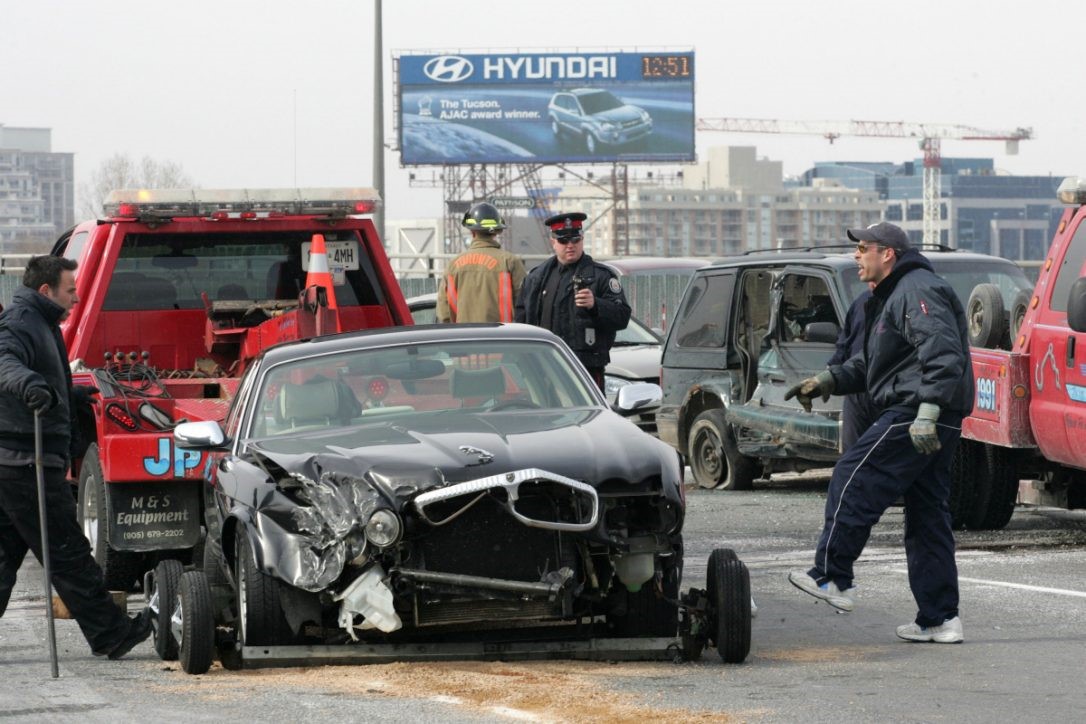Accidents happen without warning. All it takes is a split second for a disaster to happen, but its effects can last for a life-time. A serious accident related injury impacts not just the injured person, but often the entire family and support system.
Such devastating events impose huge physical, financial and emotional burdens on all those connected with it. The recovery process could be extremely long-drawn-out, painful, frustrating and expensive. There could be a need for a dedicated caregiver, costly and complicated treatments and medication, lengthy rehabilitation procedures etc.
Emotionally, victims and those dear to them are thrown into a psychological maelstrom. Confusion, anxiety, fear, grief and panic attacks, post-traumatic stress syndrome, sleep disturbances, breakdown of relationships, depression, suicidal thoughts, addiction to alcohol or drugs etc are some of the hazards that patients and families have to face.
The economic aspect can be hugely traumatic too. If the injured person was the sole income-earner or contributed significantly to the family income, being unable to work for extended periods can result in income-loss. If there are permanent disabilities, this means there is a loss of earning-capacity. Treatment, home-maintenance, living expenses, debts etc can all pile up and create devastating consequences.
Accidents are usually preventable and avoidable. Most of them are caused by someone else’s fault or negligence.
Meeting Expenses
Most injured victims and families trust their insurer to compensate them for their injuries, based on the type of coverage they’ve purchased. Additionally, all injured victims of motor-vehicle accidents in Ontario are entitled to statutory benefits (SABS) regardless of fault, from their own insurers.
However, injured victims may face several issues and challenges in collecting settlement from insurance-companies. They may dispute the claims on technical grounds, deny or dismiss the nature/extent of defendant liability or minimize your injuries. They may also adopt various strategies to compel victims to accept swift and meager settlements.
Dispute Resolution
At present, disputes between clients and insurers are regulated by the Financial Services Commission of Ontario (FSCO) but if no resolution is reached, there are other avenues available to plaintiffs. Arbitration and a personal injury trial are some options.
Changes To Act
In 2015, sweeping changes to the Insurance Act were made. Insurance dispute lawyers are concerned about:
- Disputes under SABS now under the jurisdiction of the License Appellate Tribunal instead of under FSCO, effective April 1, 2016.
- Catastrophic and non-catastrophic funding was slashed.
- Revisions to definition of “catastrophic.”
- Mediation fee introduced.
- Parties are encouraged to settle dispute.
- LAT not bound by FSCO case-laws and precedents.
- LAT adjudicators may not have specialization in accident benefits legislation.
- Ambiguity on statute of limitations period under LAT.
How We Can Assist
It’s difficult to challenge the rulings of insurance companies and government agencies without specialized knowledge and training. An experienced personal injury lawyer who regularly handles such cases can help you get the settlement that you are contractually entitled to.
In many cases, permanent disabilities require a Life Plan to be presented. We work with a multi-disciplinary team to ensure that a robust claim is presented during all communications/arbitration with the at-fault party.



